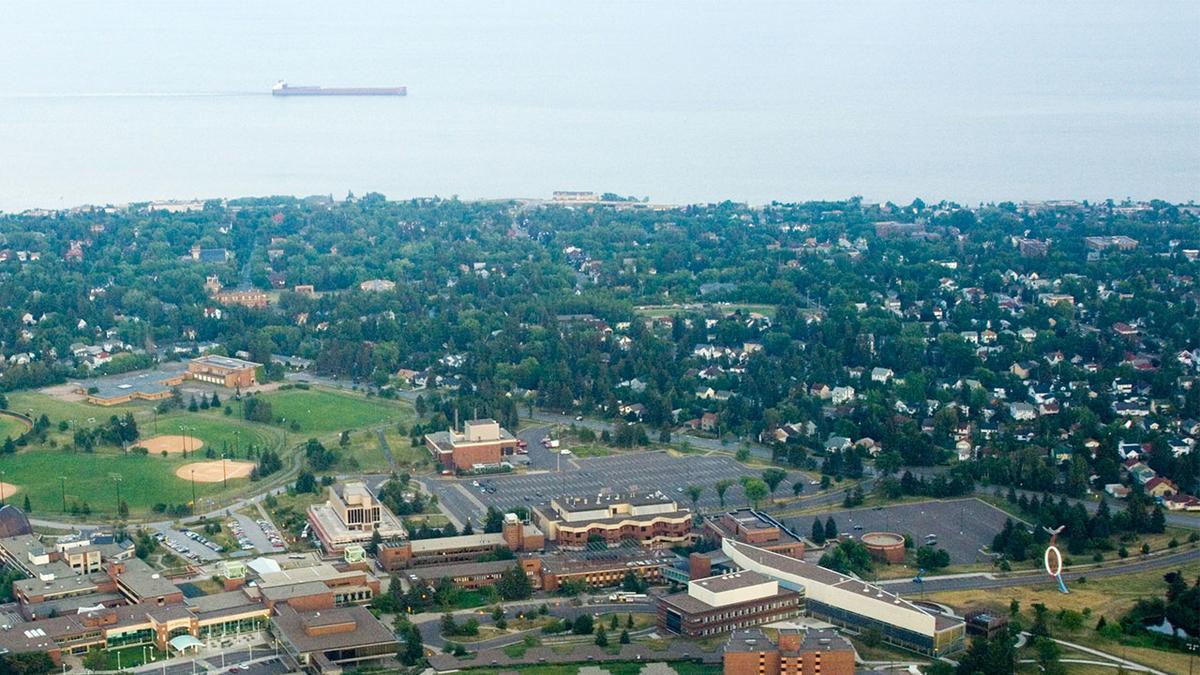A new study by the University of Minnesota Duluth’s Bureau of Business & Economics Research (BBER), “Impacts of the Split Incentive on Privately Owned Rental Housing,” reveals that Duluth landlords and students who lease private rental property in Duluth may often be at odds when it comes to energy savings. The study shows that a “split incentive” exists.
“The split incentive changes landlord and tenant behavior in various ways, depending on who pays for utilities,” said Monica Haynes, director of the BBER. “When landlords pay for utilities, properties are typically more energy efficient, but tenants are more likely to overuse. When tenants pay for utilities, they are more conservative with their energy consumption, but properties tend to have fewer energy efficient features. Both scenarios lead to higher levels of wasted energy and highlight the difficulties associated with conserving energy in rental properties.”
Haynes pointed out that these scenarios are exacerbated by the age of Duluth rental properties. “The average age of Duluth’s rental properties is 98 years, compared with 77 years for owner-occupied homes. Duluth’s aged housing stock means, presumably, that many of its rental properties are energy inefficient. A conservative potential city-wide savings to renters and property owners resulting from the elimination of the split incentive could total between $5 million and $14 million,” Haynes said.
Addressing the Split Incentive
UMD’s Office of Sustainability is considering developing a program to connect student renters with energy efficient housing with the overall goal of reducing energy consumption in rental properties. The BBER surveys of landlords and tenants included a number of questions designed to identify potential characteristics that could help make the program successful.
“Any successful program must appeal to landlords, as they have less incentive to participate than renters. A program that appeals to tenants should focus on cost savings, not energy efficiencies,” said Haynes.
The results of the study come at a time when the City of Duluth is pursuing housing as a major component of its comprehensive plan and developing a community energy plan as part of its participation in the Georgetown University Energy Prize competition. The BBER will be sharing the results of the study with landlords, local utilities, energy organizations, and the City to help inform these groups as they work to improve Duluth’s housing and save residents money.
Highlights of the BBER’s Split Incentive study.
Read the complete Impacts of the Split Incentive on Privately Owned Rental Housing study.
The study was commissioned by the Carlson School of Management and Wells Fargo Bank. Project partners included Ecolibrium3, UMD’s Office of Sustainability, and UMD’s Geospatial Analysis Center.
The Bureau of Business and Economic Research is part of the Labovitz School of Business and Economics (LSBE) and is housed in the Center for Economic Development, 11 East Superior Street, Suite 210, Duluth, Minn. The BBER collects, analyzes, and disseminates information regarding the economy of Duluth, Northeast Minnesota, the State of Minnesota, Northwest Wisconsin and beyond for public and private regional, state, and federal constituencies. It provides specific research to identify economic problems and opportunities. The BBER provides unbiased data and analysis concerning the economic viability of building, expanding, relocating, downsizing, and/or eliminating businesses, especially industry-specific businesses, such as forestry, mining, and energy. It also contributes to strategic thinking about research data (forecasting, communicating, responding, developing).
LSBE is accredited by the AACSB International (Association to Advance Collegiate Schools of Business). Less than 5% of business schools worldwide have earned this prestigious distinction. In Northeastern Minnesota, LSBE is the only school to have attained AACSB accreditation. Its website is lsbe.d.umn.edu.
